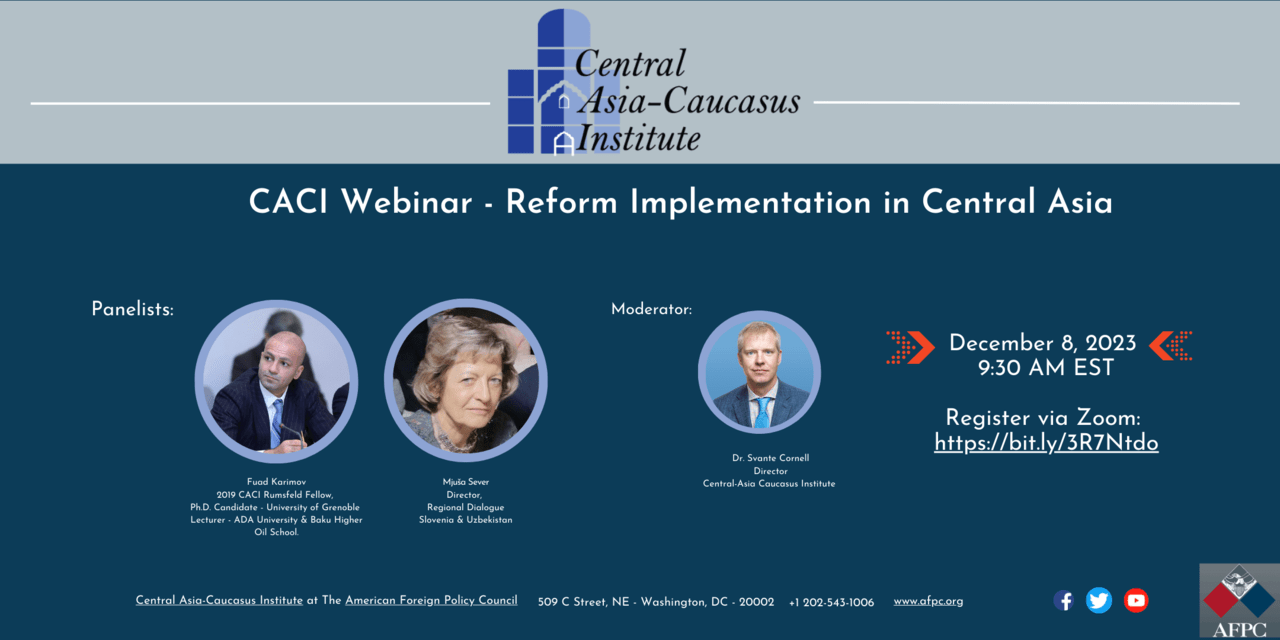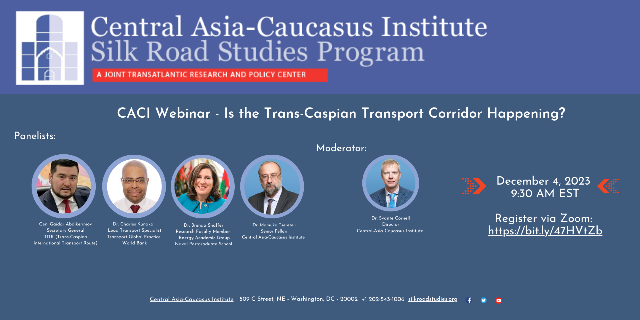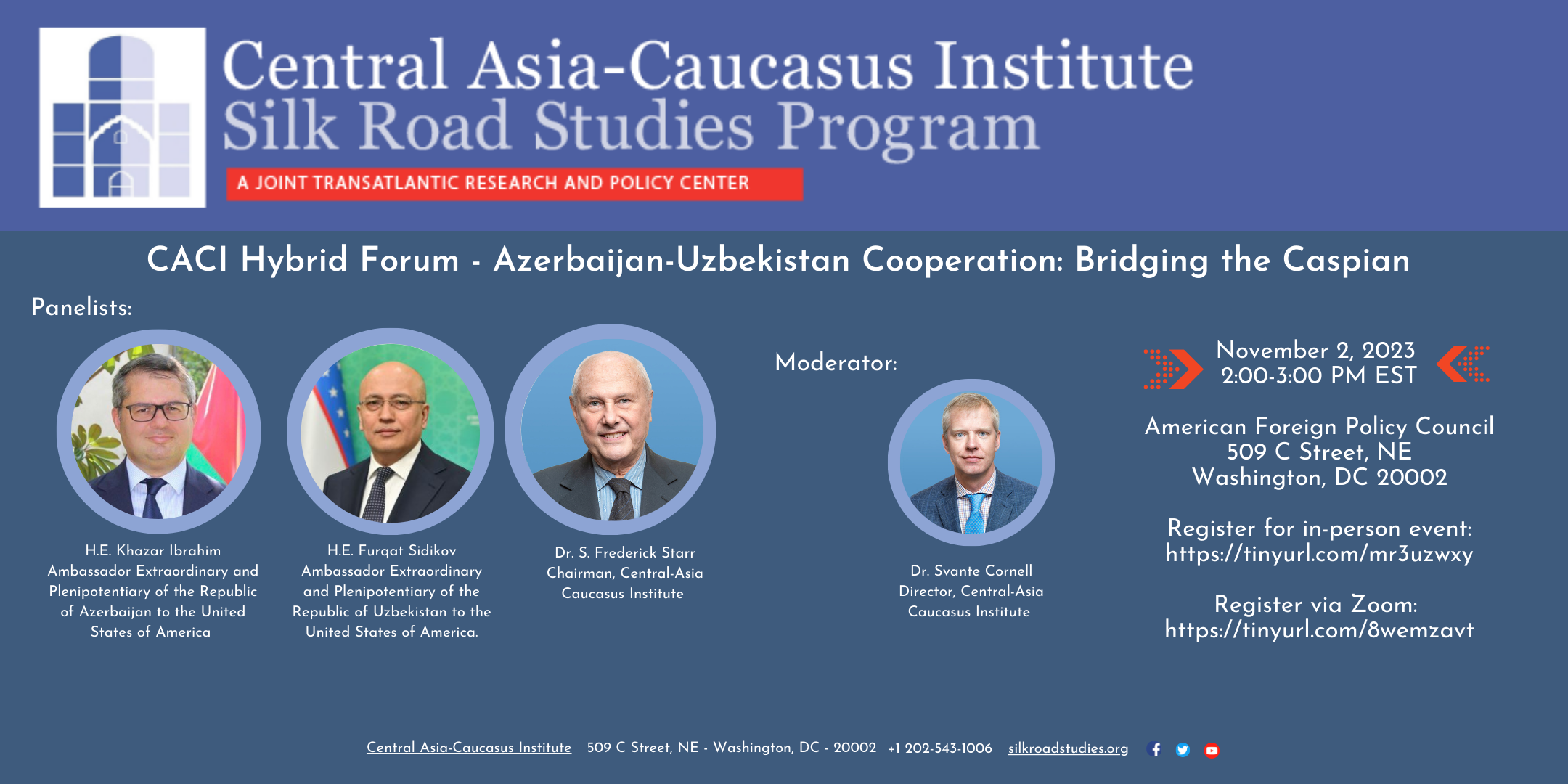Vladimir Putin, having sidelined or destroyed all his domestic opponents, real or imagined, now surrounds himself with Romano-Byzantine pomp and grandeur. The theatrical civic festivals, processions of venerable prelates, cult of statues, embarrassing shows of piety, endless laying of wreaths, and choreographed entrances down halls lined with soldiers standing at attention—all trace directly back to czarism, to Byzantine Constantinople, and ultimately to imperial Rome. Indeed, Putin considers himself as Russia’s new “czar,” the Russified form of the Latin “Caesar.”
But besides all the parallel heroics, Roman history offers profound lessons for today’s world. All of America’s Founders saw the Roman Republic as the best model for their own constitution. Napoleon, Mussolini, and Hitler, by contrast, found in imperial Rome a stunning model for their own grandeur. True, some of Rome’s ancient chroniclers, including the celebrated Livy, so admired specific politicians that they saw only their good sides and ignored the problems and failures. Yet there were others, notably the pessimistic Sallust, who not only wrote bluntly of history’s painful issues but delved deep into their causes and consequences.
Is Putin likely to delve into the history of Rome for insights on his own situation? Unfortunately for Russia, Putin is not a reader, preferring instead to engage in exhibitionist athletic activities, preside at solemn ceremonies, or offer avuncular obiter dicta. However, if he would study the Roman past, he might come to realize that that model presents more than a few chilling prospects that he will ignore at his peril.
To take but one example, a glance at Roman history would remind Putin that self-declared victories may not be as victorious as he and Kremlin publicists want to think. Back in the 3rd century B.C., when Rome was still a small state in central Italy, it was attacked by a certain King Pyrrhus, a rival ruler from Epirus, a region along today’s border between Greece and Albania. In his first battles Pyrrhus routed the Roman legions, and celebrated accordingly. But matters did not end there.
Like Pyrrhus, Putin’s army scored some early victories in its war on Ukraine. As recently as December 1, Putin’s Minister of Defense Sergei Shoigu was still claiming, in spite of all evidence to the contrary, that Russian forces “were advancing on all fronts.” Pyrrhus made similar false claims, only to discover that his own soldiers were no match for the determined Romans. As the Romans drove Pyrrhus’ army from the field, he groused, “If we win one more such victory against the Romans we will be utterly ruined,” which is exactly what happened. Pyrrhus’ statement gave Romans the term “Pyrrhic victory,” which we still use today. Putin should apply it to his “victories” at Bakhmut and Avdiivka.
Another crisis in Rome’s early formation as a nation occurred when a peasant uprising threatened Rome itself and, according to the historian Livy, caused panic in the Roman capital. In desperation, the elders turned to Lucius Cincinnatus, who was neither a military man nor a professional politician, but who had earned respect as an effective leader. It took Cincinnatus only fifteen days to turn the tide, after which he returned to his farm. George Washington rightly admired Cincinnatus and consciously emulated him, returning after the Battle of Yorktown to Mount Vernon. By contrast, Putin’s “special military operation,” planned as a three-day romp, is now approaching the end of its second year. Putin, no Cincinnatus, doomed himself to being a lifer.
Roman history is a millennium-long showcase of motivation or its absence. In this context, Putin might gain further insights by examining Rome’s centuries-long battle against the diverse tribes pressing the empire from the north. For centuries Rome’s legionnaires were well trained, disciplined, and committed. The list of their early victories is long. Both Julius Caesar and the philosopher-emperor-general Marcus Aurelius succeeded because they motivated and inspired their troops. But over time the Roman army was increasingly comprised of hirelings, déclassé men who fought not to save the empire but for money or a small piece of the bounty. Inflation and rising costs outpaced pay increases. Punishment was severe, in some cases including even crucifixion. In the end, Rome’s army eroded from within.
This is what is happening to the Russian army today. Putin attacked Ukraine in February 2022 with what was then an army of several hundred thousand trained professional soldiers. But after the Ukrainians killed more than 320,000 Russian troops, their replacements were unwilling and surly conscripts and even criminals dragooned from Russia’s jails. Putin quite understandably fears such soldiers. Putin’s army, like that of the late Roman Empire, is collapsing from within.
By contrast, Ukraine’s army at the time of the invasion was small and comprised mainly Soviet-trained holdovers. Both officers and troops of the line had to be quickly recruited from civilian professions and trained. Yet they quickly proved themselves to be disciplined and resourceful patriots, not tired time-servers. True, Ukraine is now conscripting troops, but these newcomers share their predecessors’ commitment to the nation and to their future lives in a free country.
Sheer spite and a passion for avenging past failures figured prominently in Putin’s decisions to invade both Georgia and Ukraine. Roman history suggests that this isn’t smart. Back in 220 B.C., Rome defeated its great enemy, the North African state of Carthage. Anticipating Putin, the Carthaginian general Hannibal sought revenge. Acting out of spite, he assembled 700,000 foot soldiers, 78,000 mounted calvary, and a force of war elephants, and crossed the Alps. Though he was a brilliant general, Hannibal’s war of spite turned into a disaster.
Why did Hannibal lose? Partly because of his sheer hubris and the spite that fed it, and also because the Romans avoided frontal battles and simply ground him down. They were prudently led by a general named Fabius Maximus, whom later Romans fondly remembered as “the Delayer.” Today it is the Ukrainians who are the Delayers. By grinding down Putin’s army and destroying its logistics they have positioned themselves for victory.
The Roman Republic fell not because of any mass uprising but because of the machinations of Julius Caesar. A victorious general, Caesar looked the hero as he was installed as imperator. As was customary at such ceremonies, an official retainer placed behind the inductee solemnly repeated over and over the admonition to “Look behind you!” Caesar failed to do so and underestimated the opposition of a handful of officials and generals who feared the rise of a dictator perpetuus. Even if Putin chooses not to read Cicero, Plutarch, or Cassius Dio, he could productively spend an evening watching a Moscow production of Shakespeare’s The Tragedy of Julius Caesar.
Turning to a very different issue, Putin seems blithely to assume that whenever Russia defeats a neighboring country it can easily win the hearts and minds of the conquered, whether by persuasion or force. This is what many Roman generals and governors thought as well, but they were wrong—fatally so. Speaking of the impact of corrupt officials sent by Rome to the provinces, the great orator-politician Cicero declared to the Roman Senate, “You cannot imagine how deeply they hate us.” Does Putin understand this?
Finally, it is no secret that Russia today, like ancient Rome, is increasingly a land of immigrants; its economy depends on impoverished newcomers from Kyrgyzstan, Tajikistan, and elsewhere in Central Asia who fled to Russia in search of work. Yet Moscow treats them as third-class citizens and dragoons them as cannon fodder or “meat” to die by the thousands on the Ukrainian front. Rome faced a similar problem and wrestled with it unsuccessfully over several centuries. Over time the despised immigrants who poured across the Alps from Gaul demanded a voice in Roman affairs, and eventually took control of the western Roman Empire.
Sad to say, neither Putin himself nor any others of Russia’s core group of leaders show the slightest interest in learning from relevant examples from Roman history or, for that matter, from any other useable past. Together they provide living proof of American philosopher George Santayana’s adage that, “Those who forget history are condemned to repeat it.” In Putin’s case, though, he seems never to have known it.
ABOUT THE AUTHORS: S. Frederick Starr, is a distinguished fellow specializing in Central Asia and the Caucasus at the American Foreign Policy Council and founding chairman of the Central Asia Caucasus Institute.




